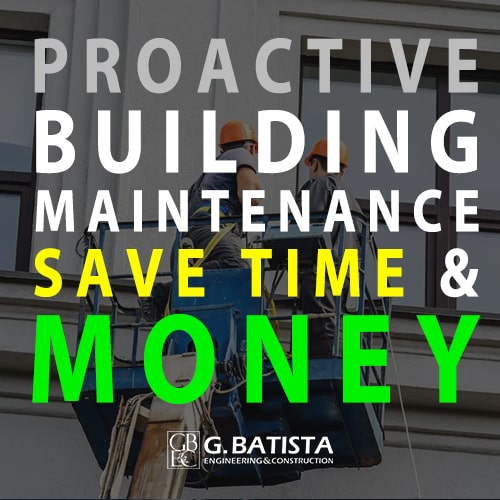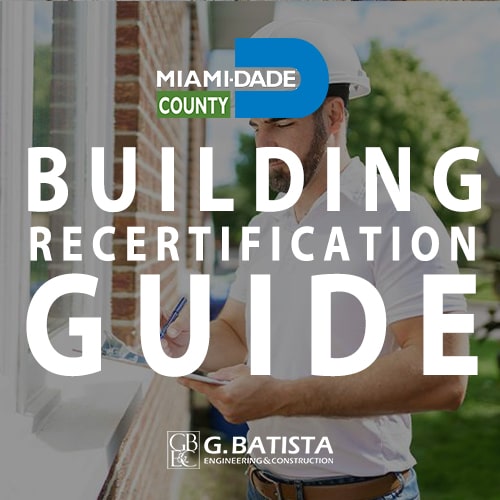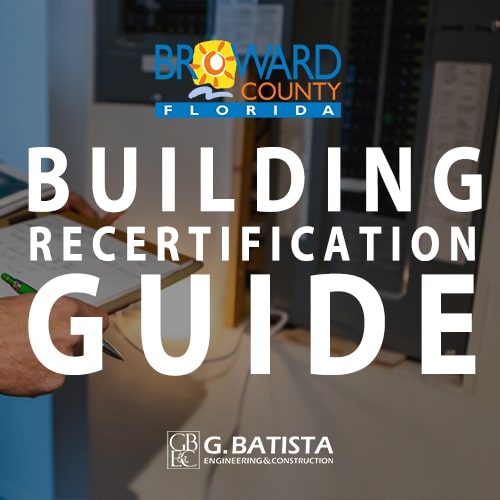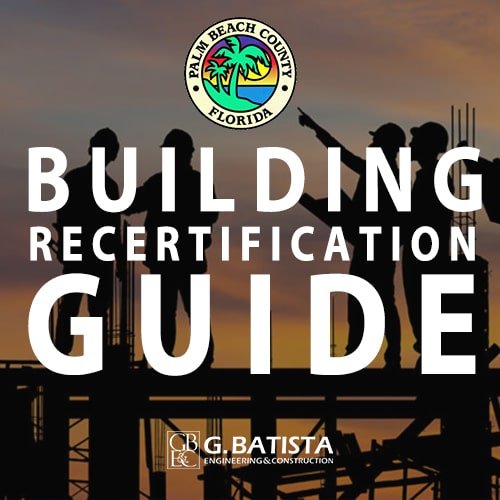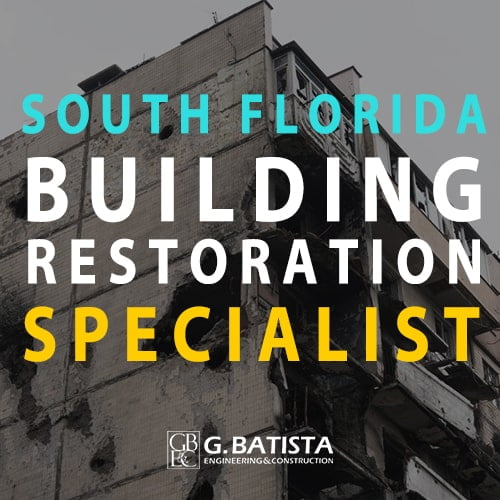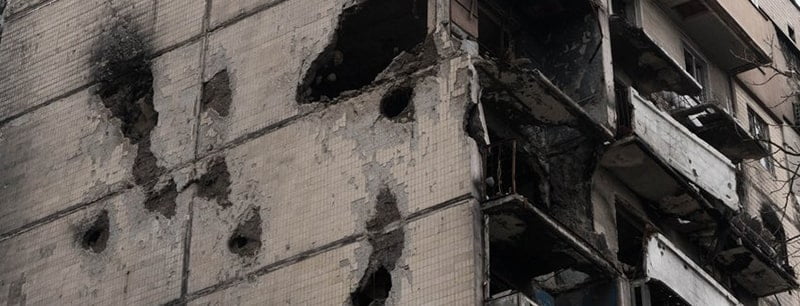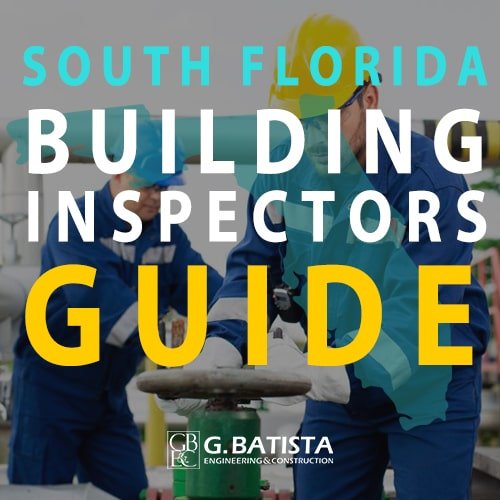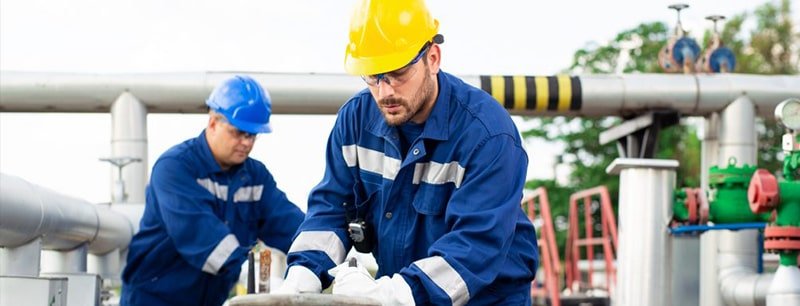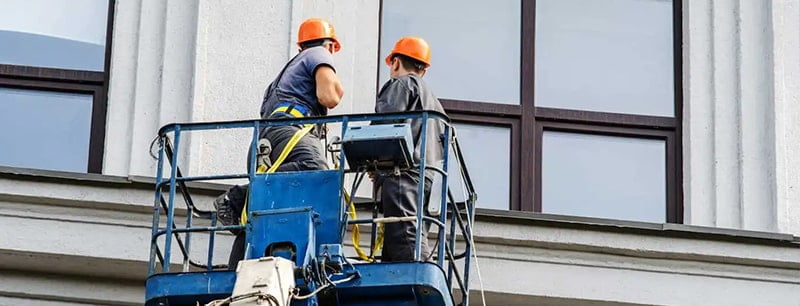
Proactive Building Maintenance Guide: Saving Time and Money
In the realm of property management, the adage “an ounce of prevention is worth a pound of cure” holds true. Proactive building maintenance is not just about fixing problems when you are required to do a Building Inspection or as they arise; it’s about preventing your building from having to do major repairs in the first place. By adopting a proactive approach to maintaining your structure, building owners and managers can save both time and money while ensuring the longevity and efficiency of their properties. As Building Inspectors and Building restoration experts we have seen major differences when building owners frequently maintain their buildings.
Reduced Repair Costs Associated with Building maintenance
One of the most significant benefits of proactive maintenance is the reduction in repair costs. By addressing minor cracks and concrete spalling issues before they develop into major problems, building owners can avoid expensive repairs and replacements.
Due to the proximity of the ocean, South Florida buildings are subject to the harsh corrosive “salt-air molecules” wreaking havoc on concrete pillars, columns, balconies, staircases, and more. For example, a building might have a small crack on the exterior of the building. That small crack can cause a slight bit of salt to penetrate inside and reach the rebar which is what keeps the concrete structure stable. This causes the concrete surrounding the rebar to rust which in turn pushes the concrete outward and causes it to spall. Furthermore, you do not need a crack for the salt air to enter. Concrete is inherently porous, and a surface without a proper coat of paint is left unprotected. We wrote an entire article about Concrete Spalling if you are interested.
If caught early, the surrounding concrete can be chipped away and the rust can be removed. Once all of the rust is removed we apply a rust-proof coating that further protects it from getting rusted again. After that, the concrete is applied over it as well as a finishing coat. That is the end of that problem and the repair will last for a very long time.
This also helps you save money when your building is up for its 25-year building safety inspection. If you have kept up with the repairs and fixed any spalling or cracks then you will not need to rush to get everything repaired on your next milestone inspection.
Extended Lifespan of Building Components
Regular building maintenance helps extend the lifespan of a building’s structural components. By keeping the facade of your building structure painted and free from concrete spalling, and properly maintained, building owners can prevent large-scale repairs, corrosion of structural components, and deterioration in the long-term.
For instance, routine roof inspections and repairs can prevent leaks and water damage, prolonging the lifespan of the roofing materials and preventing costly structural damage to other components inside of a building.
Improved Energy Efficiency of your building
Proactive maintenance can also save you money by improving the energy efficiency of your buildings, resulting in lower utility bills. Regular maintenance of HVAC systems, lighting fixtures, and insulation can help identify and address energy-wasting issues such as air leaks, inefficient equipment, or outdated lighting technologies. By optimizing energy efficiency, building owners can reduce operating costs and improve the overall sustainability of their properties.
Minimized Downtime and Disruptions
Unexpected structural failures or electrical malfunctions can lead to costly repairs or even even worse, a collapse such as the one that occurred at Champlain Towers in Surfside. This tragedy caused chaos for a lot of families and could have easily been avoided with an ounce of prevention. Although this was an extreme case, keeping your structural components up to date can also save costly downtime and disruptions for tenants or occupants living in the building.
Proactive maintenance helps minimize the risk of unplanned downtime by identifying and addressing potential issues before they cause major disruptions. By scheduling maintenance activities during off-peak hours and planning for equipment shutdowns in advance, building owners can minimize disruptions to operations and maintain tenant satisfaction and safety.
Enhanced Safety and Compliance
Regular building maintenance helps ensure that buildings comply with safety regulations and codes, especially when it comes to reducing the risk of accidents or injuries. By inspecting the structural components, electrical systems, fire detection systems, emergency lighting, and exit routes, building owners can create a safer environment for occupants and reduce the risk of liability.
Last thoughts on how preventive maintenance can save you money and time
In conclusion, proactive building maintenance offers numerous benefits for building owners, associations, and building managers, including reduced repair costs, extended lifespan of building components, improved energy efficiency, minimized downtime and disruptions, and enhanced safety and compliance. By investing in preventive maintenance, building owners can save both time and money while ensuring the long-term success and sustainability of their properties.

